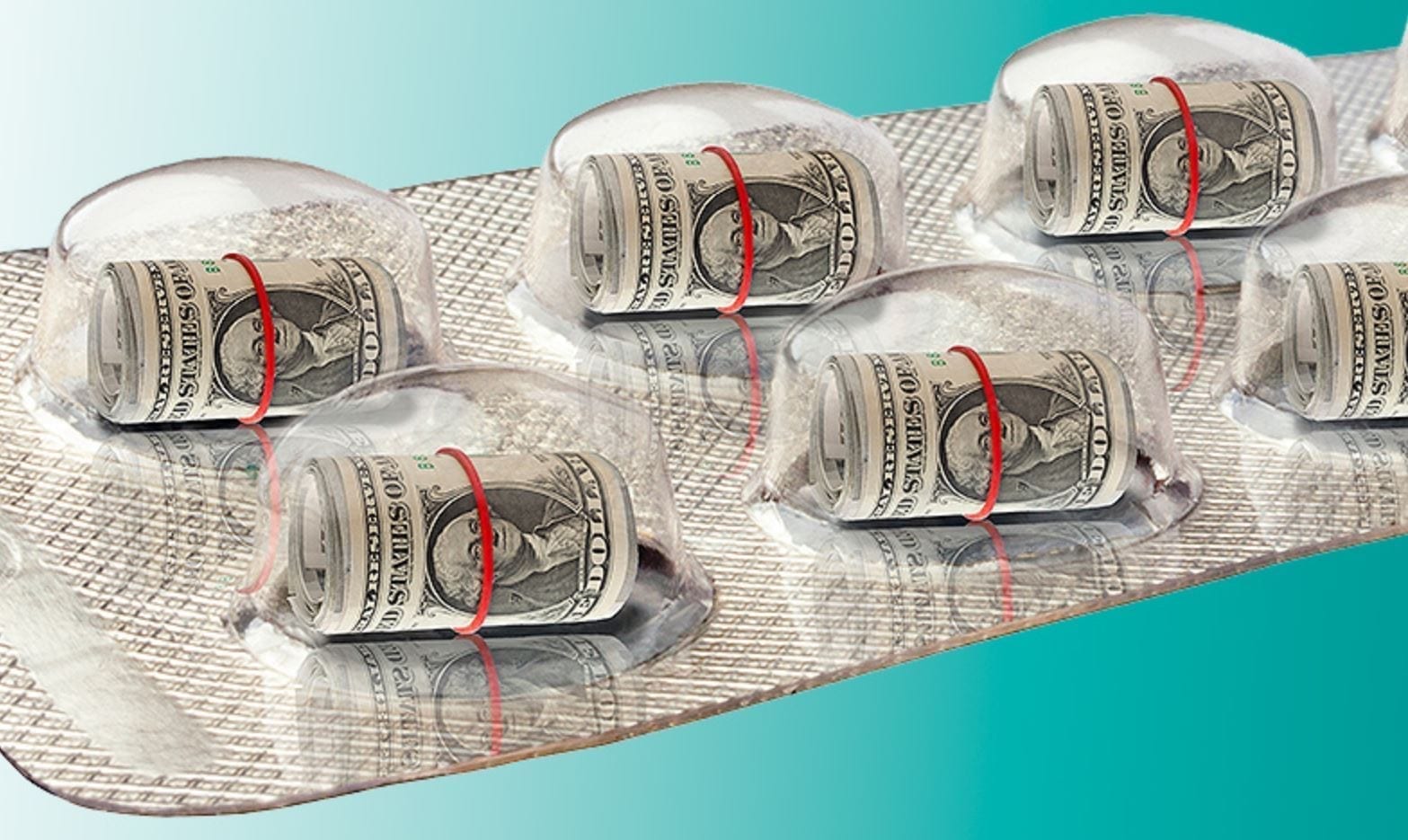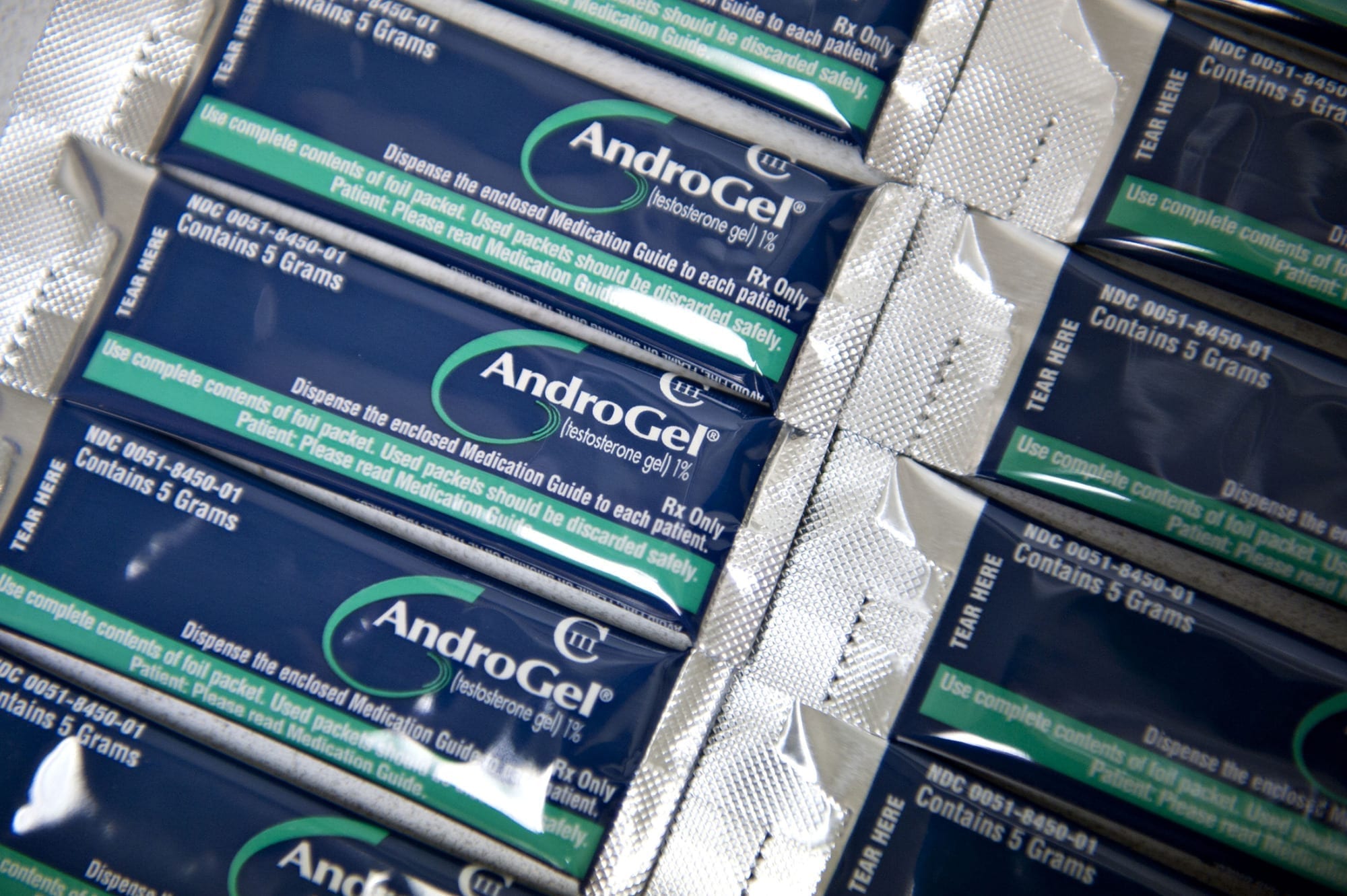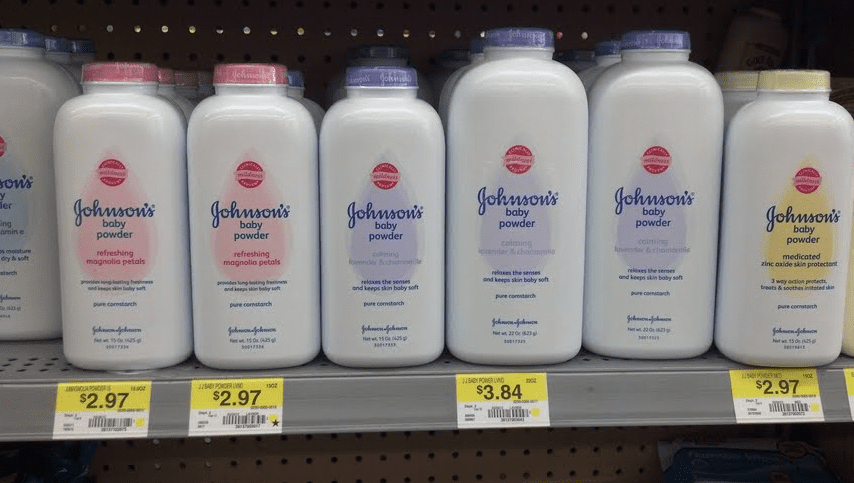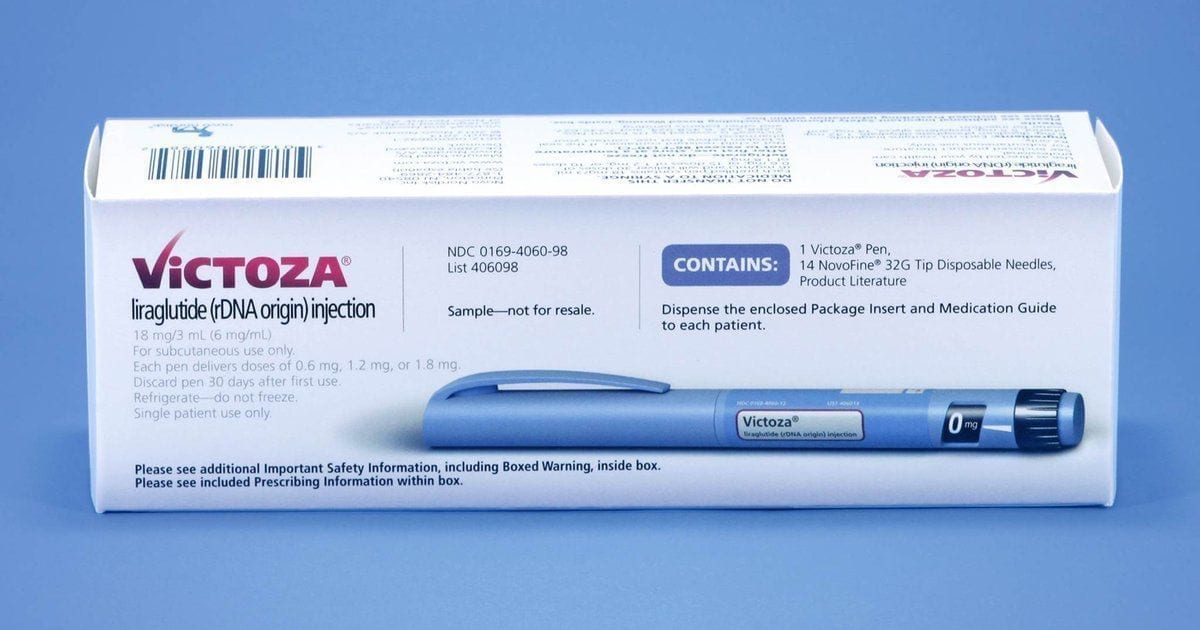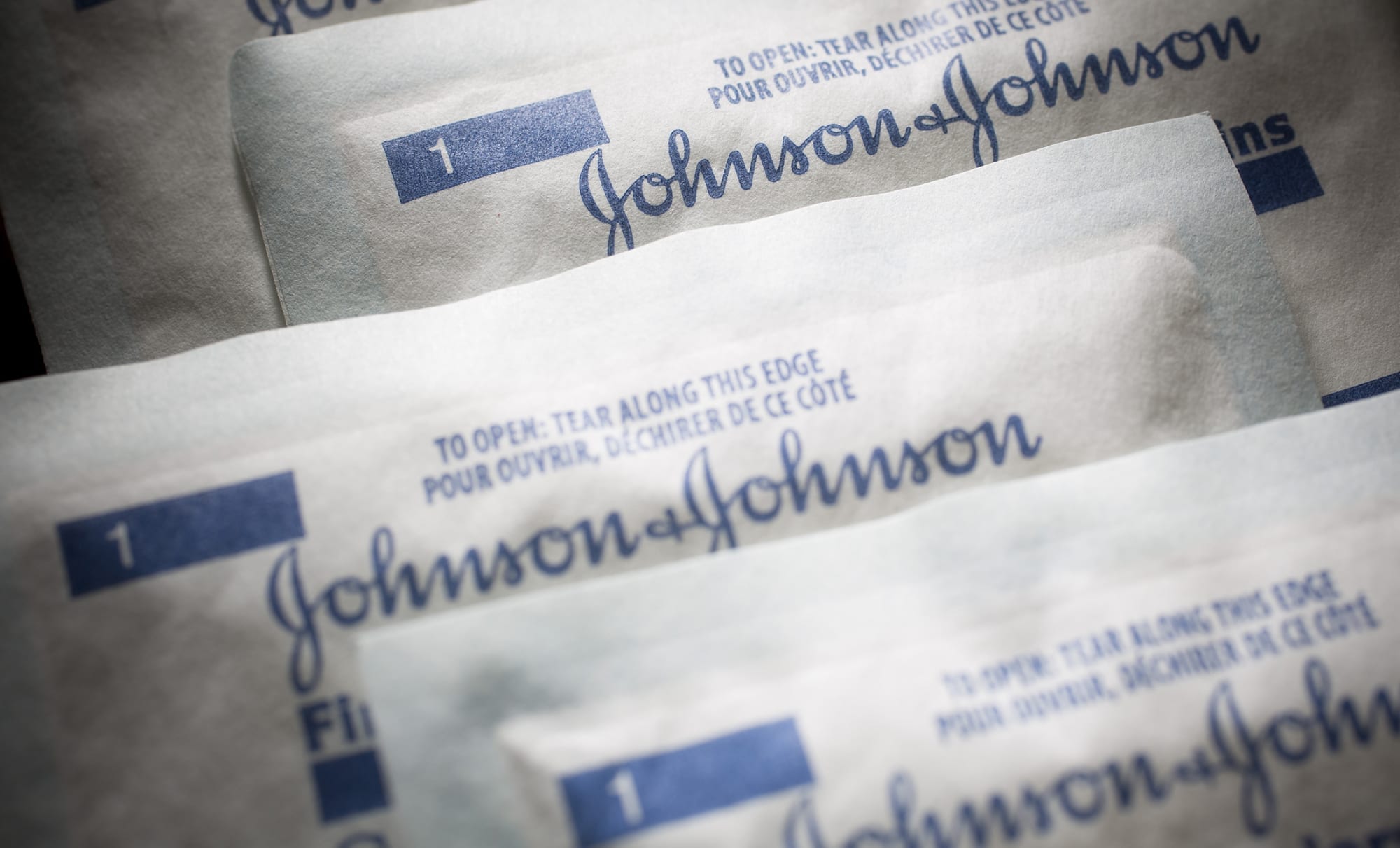How to Make a Billion Dollars in the Pharmaceutical Industry
Our friends at ClassAction.com recently published an excellent piece on the “profits before patients” paradigm and its impact on the opioid crisis in America, explaining steps Big Pharma takes to make mega-profits from unsuspecting patients. They have kindly offered to share an excerpt for our readers. A link to the complete article on their site appears at the end of this piece.

